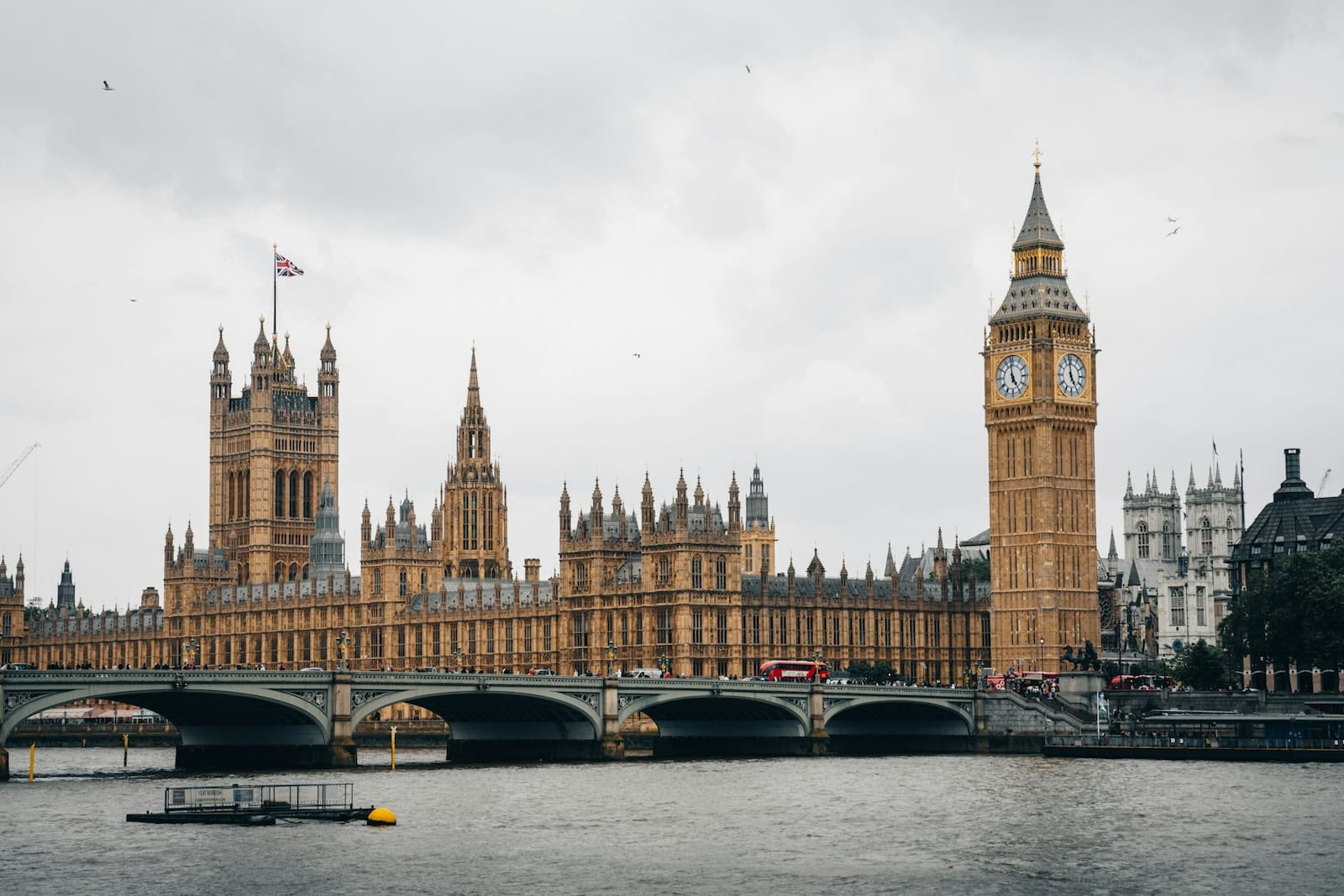

Government introduces Data Use and Access Bill to ‘boost’ UK economy
Ellie Duncan | News
24 Oct 2024
A new government Bill intended to “unlock the power of data to grow the economy” has been unveiled in the UK.
The Data Use and Access Bill has been introduced to Parliament to support the future of Open Banking and the growth of new Smart Data schemes and, in doing so, is expected to generate approximately £10 billion towards the UK economy over 10 years.
The measures in the Bill will help to deliver three of the five “Missions to rebuild Britain”, as set out by Prime Minister Keir Starmer, including “kickstarting” economic growth.
In addition to economic growth, the Bill, which is being delivered by the Department for Science, Innovation, and Technology, intends to improve the UK’s public services, such as the NHS and police force, and make people’s lives easier.
DSIT said the Bill will “pave the way” for the model of data-sharing currently exemplified by Open Banking, to expand to other sectors.
It has cited the energy sector as an example, where a data-sharing model “could give customers the ability to compare utility prices, find better deals, and reduce their energy use”, as well as foster tech innovation and boost competition, which will ultimately grow the UK economy.
This potential has already been demonstrated in Open Banking where, according to DSIT, 82 firms have raised more than £2 billion of private funding and created in excess of 4,800 skilled jobs in the financial year 2022-2023.
The Bill will also legislate on digital verification services, to ensure the companies that provide tools for verifying identities will be able to get certified against the government’s “stringent trust framework of standards”, and receive a ‘trust mark’ to use as a result. It has forecast that this will provide a £4.3 billion to the UK economy over the next decade.
The trust mark will be a new logo to show digital verification services are approved by the new Office for Digital Identities and Attributes within DSIT.
The government has pledged that the Bill will help make sure digital verification services are “inclusive, secure and privacy-preserving”.
Technology Secretary Peter Kyle said: “Data is the DNA of modern life and quietly drives every aspect of our society and economy without us even noticing – from our NHS treatments and social interactions, to our business and banking transactions.
“It has the enormous potential to make our lives better, boosting our National Health Service, cutting costs when we shop, and saving us valuable time.”
Kyle added: “With laws that help us to use data securely and effectively, this Bill will help us boost the UK’s economy, free up vital time for our front-line workers, and relieve people from unnecessary admin so that they can get on with their lives.”

Marion King, chair of Open Banking Limited
Marion King, chair and trustee of Open Banking Limited, said: “I’m delighted that the Data (Use and Access) Bill has been laid before the House of Lords. This brings us a step closer to the Long Term Regulatory Framework that will allow for a sustainable model for Open Banking.
“The Bill will also allow for Open Banking’s Smart Data model to be used in other economic sectors, bringing more of the benefits we’ve seen so far. The UK has been a world leader in Open Banking, and this legislation will help us retain our position and give our fintechs certainty as to our collective direction of travel.”
In the King’s Speech on 17 July, the new Labour Government announced it will pass into law a Digital Information and Smart Data Bill, to “harness the power of data for economic growth”.








